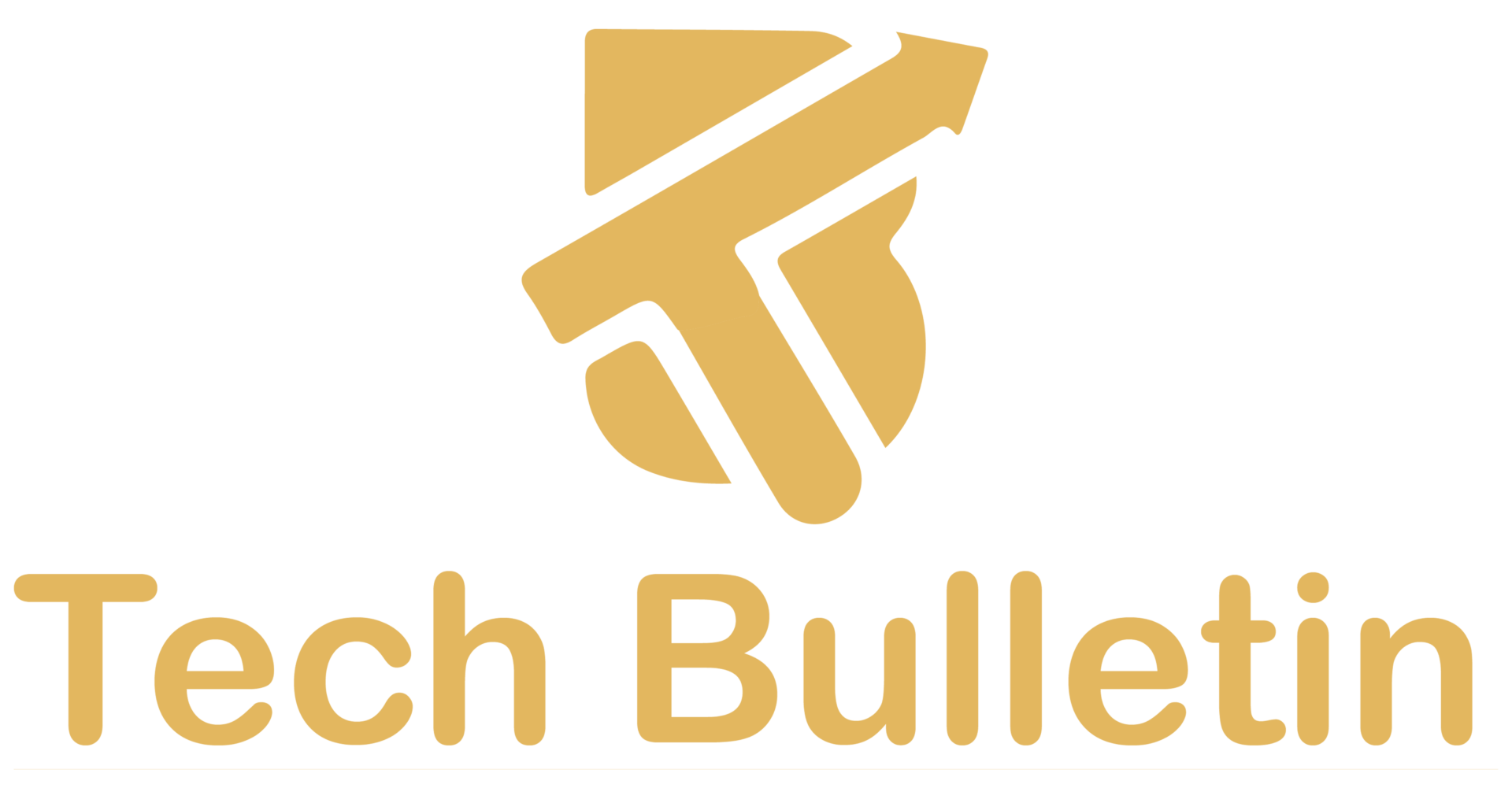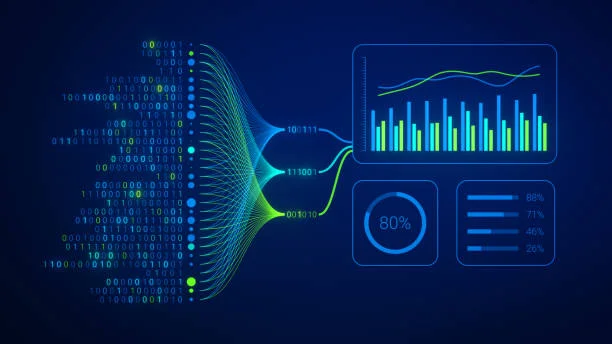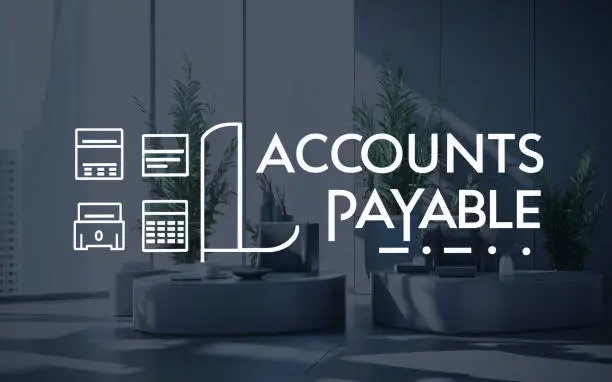85% of CFOs Choose Automated Invoice Processing—Here’s Why
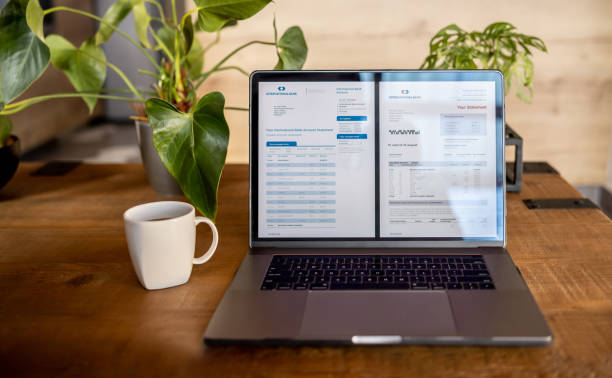
Finance departments across the world are undergoing a massive transformation. At the heart of this change is a shift from manual, paper-based workflows to intelligent, streamlined, and fully digital processes. One area leading the charge is invoice handling. Automated invoice processing is no longer optional; it is essential.
CFOs today demand faster, safer, and more accurate operations. They are under pressure to produce real-time financial insights, protect against fraud, and drive long-term cost efficiency. Manual invoice handling stands in the way of all of this. That’s why the vast majority of CFOs now prefer systems that automate invoice intake, review, approval, and payment.
Below is a comprehensive look at the reasons behind this growing shift.
Reasons Why CFOs Prefer Automated Invoice Processing
- Manual invoice workflows waste time and overburden finance teams
- Automation reduces costly human errors in data entry and approvals
- Automated systems scale effortlessly with growing invoice volumes
- Real-time visibility empowers better budgeting and cash forecasting
- Payment timing becomes more accurate and strategically aligned
- Vendor relationships improve with faster, more consistent payments
- Artificial intelligence makes invoice handling faster and smarter
- Audit readiness improves due to clean, consistent digital records
- The risk of invoice fraud is reduced with automated checks and controls
- Cross-departmental workflows become standardized and compliant
- Systems integrate smoothly with ERPs and accounting platforms
- Automation drives ESG goals by reducing paper and courier usage
- Finance teams can focus more on strategic tasks, not admin
- Approval bottlenecks are eliminated with digital routing and alerts
- CFOs gain control over processes without micromanaging staff
- Future AI developments will bring predictive insights and planning
- Automation lays the foundation for broader digital transformation
Each of these reasons contributes to a wider, smarter strategy that supports modern finance leadership.
Modern Finance Teams Need More Control and Transparency
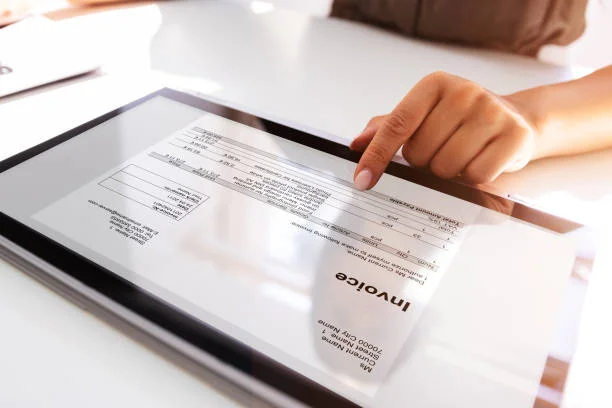
CFOs can no longer rely on assumptions or end-of-month summaries. They must be able to track expenditures as they happen and respond to inquiries in real time. Manual invoice processing creates barriers to this visibility. Files are stored in multiple locations, approvals are slow, and insights are delayed.
Automated invoice processing removes those barriers. Every step is tracked, approvals are visible, and data flows seamlessly across systems. This level of control not only empowers finance professionals but also reassures stakeholders and auditors alike.
Manual Invoice Processing Drains Time and Team Energy

Few tasks in finance are more repetitive than manual invoice handling. Sifting through emails, entering data line by line, and printing documents for signatures are not only tedious but error-prone. The process consumes valuable time that could be spent on analysis, planning, or supplier engagement.
With payable automation, invoices are captured immediately and sent to the right approvers. The system checks for duplicates, matches invoices to purchase orders, and posts them to accounting software. This hands-free flow drastically reduces the workload on finance teams.
Invoice Automation Eliminates Costly Human Error

Even small mistakes in invoice processing can lead to duplicate payments, vendor disputes, or misstatements in financial reports. Manually entering invoice details increases the risk of errors, particularly when volumes are high or multiple teams are involved.
Automation replaces manual input with intelligent extraction and validation. Invoices are scanned, data is read by AI, and inconsistencies are flagged automatically. This precision protects the company’s financial integrity and reputation.
AP Automation Software Supports Growth Without Hiring More Staff
As businesses expand, so does the volume of invoices. Relying on human input to keep up means hiring more clerks, training them, and managing an increasingly complex operation. This adds costs and creates challenges in maintaining process consistency.
Automated accounts payable solutions solve this by handling thousands of invoices with the same speed and accuracy as ten. The system doesn’t tire or need time off. It simply scales with the business, allowing finance leaders to support growth without growing overhead.
Finance Leaders Need Better Data for Strategic Decisions
Decision-making in finance is only as good as the data behind it. Traditional invoice workflows delay data entry and fragment visibility. This leads to guesswork in forecasting, budgeting, and reporting.
Automated systems generate real-time insights across invoices, liabilities, and spending patterns. These capabilities become even more powerful when integrated with broader finance automation tools that also manage payroll and reporting, as shown in this comprehensive analysis of finance automation systems. Such integration enables CFOs to move beyond reactive planning toward a more predictive, strategic financial model.
Invoice Processing Automation Improves Cash Flow and Working Capital
Managing outflows is a delicate balance. Pay too late, and you damage supplier trust. Pay too early, and you tighten your cash reserves. Manual processing makes it hard to hit that balance consistently.
Automated invoice processing aligns payment dates with strategic cash planning. It enables precise timing, helping companies avoid late fees, claim early payment discounts, and maintain liquidity.
AI Invoice Processing Accelerates Decision-Making
Modern invoice automation goes beyond scanning and digitizing. With AI, the system can recognize vendor behavior, assign cost codes automatically, and even prioritize approvals based on due dates or invoice size.
This means fewer decisions are left to human guesswork. CFOs can rely on intelligent recommendations and focus their attention on exceptions and strategic questions rather than approvals and coding.
Vendor Relationships Thrive on Predictability and Speed
Suppliers expect professionalism. That includes being paid on time and receiving clear communication. Delays caused by lost paperwork or forgotten approvals strain these relationships.
Automated invoice processing ensures that vendors are paid when promised. They receive consistent updates, can track invoice statuses, and experience fewer disputes. This reliability builds goodwill and opens the door for better pricing or preferential service.
Automated AP Solutions Improve Internal Compliance and Audit Readiness
Internal controls are vital for preventing waste, fraud, and compliance failures. Yet enforcing them manually is nearly impossible. Paper trails get lost, policy adherence is inconsistent, and audit preparation becomes a nightmare.
Automation ensures that every step is logged. Approvals follow preset paths, and policy exceptions are flagged instantly. When audits come around, the system can provide complete records with minimal effort from staff.
Payable Automation Minimizes Fraud Risk
Invoice fraud has become more sophisticated, with false vendors, doctored documents, and fake approval chains. Manual processes lack the safeguards to catch these schemes consistently.
AP automation software checks vendor details against databases, ensures proper segregation of duties, and limits approvals based on roles. Fraud attempts are flagged early, allowing finance teams to investigate before damage is done.
AP Workflow Automation Standardizes Processes Across Regions and Teams
In large or global organizations, invoice processes often vary widely. One team may use email approvals while another relies on printed documents. This inconsistency breeds confusion and inefficiency.
Automated workflows enforce a single standard across the organization. Every team follows the same steps, with localized adjustments where needed. CFOs gain the assurance that every invoice is handled properly, no matter where it originates.
CFOs are Focusing on Digital Transformation and Modernization
Digital transformation is no longer a buzzword; it is a business imperative. Stakeholders expect CFOs to lead this shift, replacing outdated systems with agile, efficient, and forward-looking platforms.
Invoice automation is often the first step. It delivers quick wins in cost savings and efficiency while setting the stage for deeper transformation in areas like forecasting, procurement, and financial planning.
Automation Platforms Integrate with ERP and Accounting Systems
No finance platform operates in a vacuum. Invoices must tie back to purchase orders, general ledgers, and cash management systems. Manual systems often require double entry and frequent reconciliation.
Automation platforms are designed to integrate directly with leading ERPs and accounting software. Data flows smoothly between systems, eliminating errors, reducing reconciliation time, and improving financial accuracy.
Invoice Automation Aligns with Sustainability Goals
Sustainability is increasingly on the CFO’s agenda. Stakeholders want to see reduced waste, greener operations, and better resource management. Paper-heavy invoice processing runs counter to these goals.
Digital invoice capture and electronic approvals eliminate the need for printing, mailing, or storing physical documents. It’s a small but powerful way for finance departments to contribute to corporate ESG objectives.
Faster Approvals and Fewer Delays Keep the Business Moving
When invoice approvals are delayed, vendors call, projects stall, and budget planning gets thrown off track. Manual processes are full of these delays due to inbox clutter, misplaced documents, or unclear responsibilities.
Automation routes invoices instantly, notifies approvers, and escalates overdue items automatically. This keeps the approval chain moving and ensures that finance supports rather than slows down the broader business.
CFOs Gain Real-Time Visibility Into Spending and Liabilities
Surprises in finance are rarely good. Discovering a large payable too late can disrupt forecasts or limit flexibility. Manual systems often fail to surface these obligations until it’s too late.
Automated invoice systems offer CFOs continuous visibility into what’s owed, what’s approved, and what’s overdue. This transparency supports better decision-making and keeps the company agile.
Digital Invoice Capture Improves Speed and Eliminates data entry
The faster an invoice enters the system, the faster it gets processed. Manually scanning, saving, and typing invoices is slow and error-prone. It creates unnecessary work and delays downstream steps.
Invoice capture software reads and extracts data from any format, including PDF, email, scanned image, and enters it directly into the system. No typing, no copying, no mistakes. Just fast, accurate intake.
Cost Savings of Invoice Automation Software: 40% Reduction in Processing Cost
Companies using invoice automation software report cost reductions up to 40% compared to manual invoicing. When invoice capture software and payable automation tools are combined a reduction of cycle time by over 50% is often achievable.
Efficiency Gains From the Automated Accounts Payable Process
CFO Jane Doe stated, “The automated accounts payable process transformed our workflow overnight. What took five days now takes only two.” This pays off in employee time reallocated to more strategic tasks.
Reduction in Errors and Audit Readiness
Automated invoice processing brings error rates to less than 1% from typical manual error rates of 5%. That drastic improvement aids in audit compliance and liability mitigation.
FAQs
What exactly is automated invoice processing?
It’s a system that captures invoices electronically, extracts data with AI, routes them through digital approvals, and integrates with finance platforms to post and pay all without manual entry.
How is automated invoice processing different from accounts payable automation?
Invoice automation focuses on capturing and processing invoices. Accounts payable automation covers the full span: purchase order matching, invoice handling, approvals, payments, and reconciliation.
Can smaller organizations benefit from invoice automation?
Absolutely. Many cloud‑based platforms scale affordably for small and mid‑sized firms, providing the same efficiency and control benefits without enterprise costs.
What common issues come up during invoice automation implementation?
Challenges include data cleanup, ERP integrations, staff training, and adapting to new workflows. Overcoming them typically involves phased rollouts, process documentation, and vendor support.
How does AI improve invoice processing?
AI enhances invoice capture accuracy, classifies invoice types, predicts coding, and automates learning. It also identifies duplicates, anomalies, and trends over time to support smarter financial decisions.
Will automating invoices reduce jobs in finance?
Not really. Automation shifts staff focus from data entry to analysis, exceptions, and strategy. It frees talent for higher‑value activities and improves overall job satisfaction.

